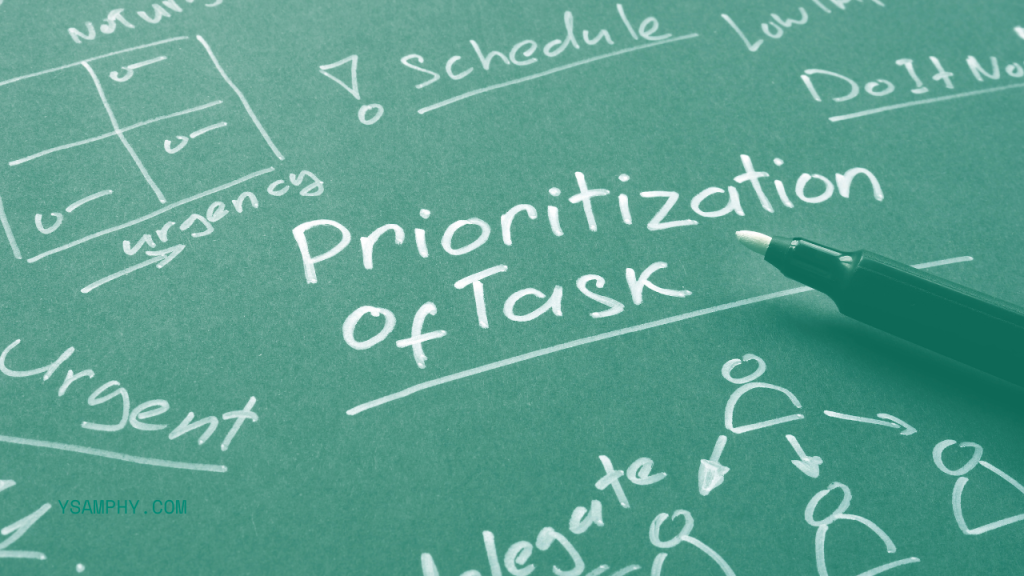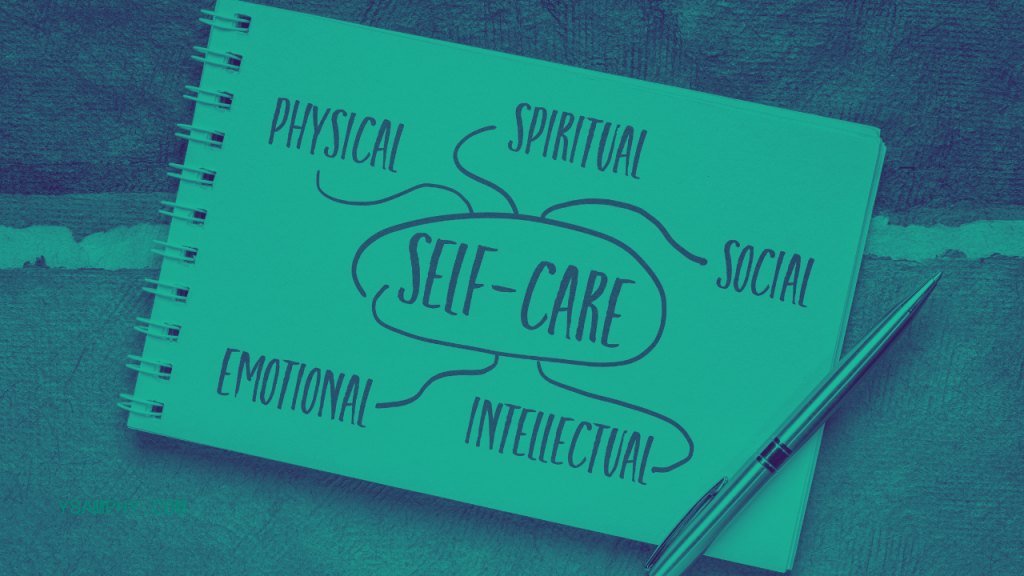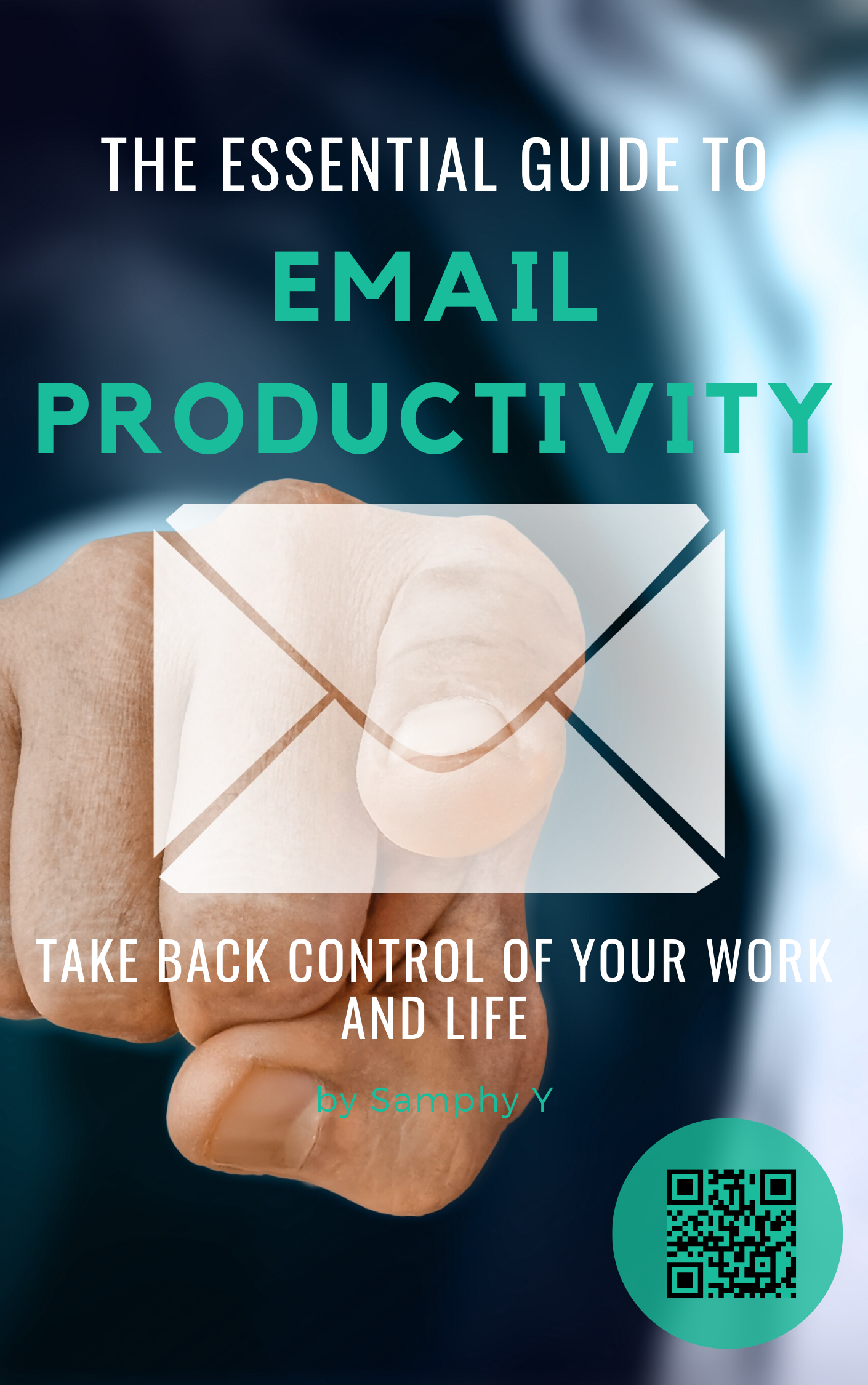Balancing the demands of academic life with personal commitments and possibly a part-time job can often feel like walking a tightrope. Whether you’re working towards an MBA in analytics or tackling undergraduate studies, managing your time effectively is crucial for success. Here’s a guide to help you navigate this challenging yet rewarding journey.

Examples of Degrees Requiring Intensive Study and Balance
Balancing academics and personal life is particularly challenging for students in rigorous programs. Degrees such as an online MBA in business analytics, medical degrees, engineering, and law demand significant time and effort. The coursework in these fields is intensive, requiring students to manage complex projects, extensive reading, and continuous assessments.
For example, students pursuing an MBA in business analytics must juggle demanding data analysis projects, case studies, and collaborative work while possibly maintaining a part-time job or other personal commitments.
To succeed in such demanding programs, it’s essential to implement effective productivity strategies. These include scheduling wisely, prioritizing tasks, learning to say no, taking care of oneself, and seeking help when needed. By mastering these techniques, students can maintain a healthy balance, ensuring both academic success and personal well-being.

1. Schedule Wisely
One of the most formidable aspects of juggling work and study is making sure you do not overwhelm yourself with too many tasks. This can be particularly challenging for students pursuing an MBA in business analytics due to the rigorous coursework and data analysis projects involved.
- Flexible Work Hours: If you’re employed, try to secure a part-time job that allows you to choose your working hours. This flexibility can help you allocate adequate time for studies and leisure activities.
- Use Planning Tools: Utilize calendars, planners, and digital apps to maintain an updated schedule. This will enable you to keep track of your duties and remain organized.
- Allocate Breaks: Don’t forget to plan short breaks between study sessions to avoid burnout.
By scheduling your activities wisely, you allow yourself the breathing room to adjust and adapt as needed.

2. Prioritize Your Tasks
A fundamental key to balancing different aspects of your life is learning to prioritize.
- List and Rank: List your tasks and rank them by deadlines and importance. This will help you structure your day-to-day activities.
- Set Realistic Goals: Understand that you cannot do everything at once. Focus on what’s urgent and essential. Avoid falling into the trap of last-minute work, which can lead to stress.
- Deadline Management: Prioritize immediate deadlines but ensure you leave room for long-term projects and assignments.
Prioritizing your tasks ensures that your workload remains manageable and your stress levels stay in check.

3. Learn to Say “No”
Your time is valuable, and guarding it should be a priority.
- Assess Importance: Before committing to any task or event, evaluate its importance and relevance to your priorities.
- Protect Your Energy: Say no to activities and people that drain your energy or add unnecessary stress.
- Quality Over Quantity: Focus on fewer, more significant tasks rather than spreading yourself too thin.
By saying “no” to non-essential activities, you create more time for what truly matters, enhancing your productivity and well-being.

4. Take Care of Yourself
Self-care is not a luxury; it’s a necessity when balancing academics with other responsibilities.
- Sleep Hygiene: Ensure you get enough sleep. Lack of sleep can impact your cognitive abilities and overall health.
- Regular Exercise: Incorporate physical activities such as walks, yoga, or gym sessions to relieve stress.
- Healthy Eating: Opt for nutritious foods that boost your energy levels and overall health.
Maintaining a healthy lifestyle keeps you physically fit and sharpens your mind, making it easier to perform well in your studies and job.

5. Seek Help When Needed
Never hesitate to reach out if you find yourself overwhelmed.
- Academic Resources: Utilize academic advisors, student councils, and classmates for guidance and support.
- Professional Help: Don’t shy away from seeking professional help from therapists or counselors if you’re struggling with mental health issues.
- Mentorship: Look for mentors who can offer professional and academic advice.
Recognizing when you need help and actively seeking it can significantly ease the pressures of balancing work, study, and personal life.

Conclusion
Balancing academics, personal life, and work can seem daunting, but with the right strategies, it’s definitely manageable. You can successfully navigate this challenging terrain by scheduling wisely, prioritizing tasks, learning to say no, taking care of your health, and seeking help when needed.
Remember to celebrate your achievements, big or small, and make time for fun amidst the hard work. Whether you’re pursuing an academic goal, maintaining this balance is key to a fulfilling university experience.

